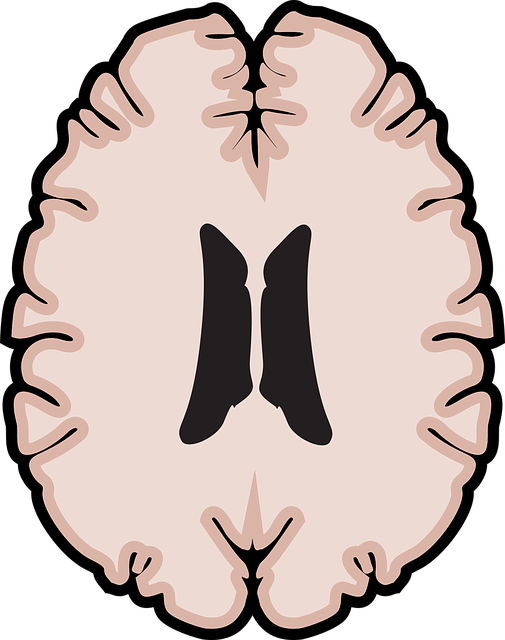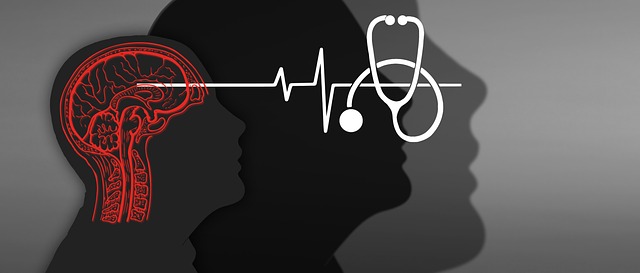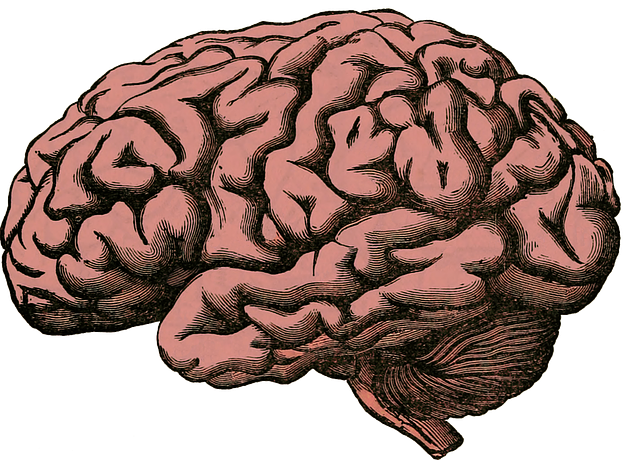In today's diverse healthcare landscape, cultural competency is crucial for providers, especially in communities like Littleton with significant French-speaking populations. Effective communication and sensitivity bridge cultural divides, improving patient satisfaction and treatment outcomes. Littleton French Speaking Therapy offers specialized mental health services tailored to cultural needs, addressing challenges faced by this community. Comprehensive training for healthcare providers should include cultural understanding, stigma reduction, and community outreach to enhance cultural competency. Strategic planning, regular workshops, and refresher courses ensure healthcare organizations meet the evolving needs of diverse demographics, including Littleton's French-speaking communities.
In today’s diverse healthcare landscape, cultural competency is no longer an option but a necessity. This article explores the critical role of training in fostering effective cross-cultural interactions between healthcare providers and patients. We delve into the challenges posed by language barriers, highlighting how specialized approaches like Littleton French Speaking Therapy can enhance communication and patient outcomes. Additionally, we provide key strategies for implementing cultural competency programs within medical settings to ensure inclusive and compassionate care for all.
- Understanding Cultural Competency in Healthcare: A Necessity in Modern Practice
- The Impact of Language Barriers and Communication Gaps on Patient Care
- Littleton French Speaking Therapy: A Specialized Approach to Cultural Sensitivity
- Key Components of Effective Cultural Competency Training for Healthcare Providers
- Implementation Strategies for Integrating Cultural Competency Programs in Medical Settings
Understanding Cultural Competency in Healthcare: A Necessity in Modern Practice

In today’s diverse healthcare landscape, cultural competency is no longer a luxury but an essential skill for providers. This concept involves recognizing and respecting differences in culture, ethnicity, language, and values, and ensuring that care is accessible, acceptable, and tailored to each individual’s unique needs. For instance, in communities like Littleton with significant French-speaking populations, healthcare providers must be equipped to offer services that bridge cultural divides. Effective communication, sensitivity, and understanding are key to building trust and fostering a sense of comfort, especially when discussing sensitive topics related to mental wellness.
The integration of cultural competency goes beyond language proficiency; it encompasses attitudes, behaviors, and knowledge. Healthcare provider training should include strategies for adapting care practices while considering the specific cultural contexts of their patients. This might involve incorporating cultural references into therapy sessions, offering mental health education programs designed with diverse audiences in mind, or even as simple a gesture as ensuring patient resources are available in multiple languages, such as French-speaking therapy services. By promoting these initiatives, healthcare providers can enhance patient satisfaction, improve treatment outcomes, and contribute to the overall mental wellness of their communities.
The Impact of Language Barriers and Communication Gaps on Patient Care

Language barriers and communication gaps can significantly impact patient care, leading to potential misunderstandings, misdiagnoses, and poor treatment outcomes. In a diverse healthcare setting, patients come from various cultural backgrounds, bringing with them unique linguistic needs. For example, in communities like Littleton with a significant French-speaking population, ensuring accessible communication is crucial.
Effective therapy and treatment require clear and concise information exchange between healthcare providers and patients. The absence of language competency may result in patients feeling isolated and unable to express their symptoms or concerns fully. This can hinder the development of an accurate self-care routine for better mental health (a key aspect of overall well-being) and inner strength, as communication strategies are vital to building trust and fostering a collaborative healing environment.
Littleton French Speaking Therapy: A Specialized Approach to Cultural Sensitivity

In addressing cultural competency within healthcare, certain specialized therapies emerge as game-changers, particularly for communities with unique linguistic and cultural needs. One such approach is Littleton French Speaking Therapy, designed to bridge the gap between diverse patient populations and healthcare providers. This therapy recognizes the profound impact of language and culture on mental health and well-being, focusing specifically on individuals who speak French. By incorporating cultural elements into therapeutic practices, this specialized service enhances the resilience building and emotional healing processes for French-speaking individuals, many of whom may face challenges in accessing culturally sensitive care.
Littleton French Speaking Therapy goes beyond simple translation services, aiming to foster a deep understanding of French-speaking cultures while addressing specific mental health issues prevalent within these communities. Therapists skilled in this approach not only provide effective treatments for conditions like depression prevention but also create safe spaces where patients can express themselves freely, ensuring their emotional healing processes are both thorough and respectful of their cultural identities.
Key Components of Effective Cultural Competency Training for Healthcare Providers

Effective cultural competency training for healthcare providers should encompass several key components to ensure meaningful and impactful learning. Firstly, it must include an in-depth exploration of diverse cultural beliefs, practices, and values. This involves understanding the unique perspectives of various ethnic, racial, and linguistic groups, such as Littleton French-speaking communities. By delving into these cultural nuances, healthcare providers can develop a deeper appreciation for the complexities of patient care and communication.
Additionally, training should focus on building resilience among providers to effectively navigate cultural barriers and challenges. This includes mental illness stigma reduction efforts, fostering an environment where professionals feel equipped to address sensitive topics with compassion. Community outreach program implementation is another vital aspect, allowing healthcare providers to connect with diverse communities, understand their specific health needs, and develop tailored interventions. These programs not only enhance patient outcomes but also contribute to the overall cultural competency of the healthcare system.
Implementation Strategies for Integrating Cultural Competency Programs in Medical Settings

Integrating cultural competency programs into medical settings requires strategic planning and consistent execution. Firstly, healthcare organizations should assess their current cultural competence levels through comprehensive needs analyses involving staff, patients, and community stakeholders. This involves identifying specific cultural gaps and areas for improvement, especially in serving diverse populations like Littleton’s French-speaking communities.
Once identified, tailored training programs can be designed and implemented. These should include evidence-based practices focusing on mental illness stigma reduction efforts, enhancing cross-cultural communication strategies, and fostering an inclusive environment. Engaging experts from diverse backgrounds to facilitate these sessions can significantly enhance their impact. Regular refresher courses and ongoing cultural competency workshops also ensure that healthcare providers stay updated, enabling them to offer the best care possible in a rapidly changing demographic landscape.
Cultural competency training is no longer a nice-to-have, but an indispensable aspect of modern healthcare. By addressing language barriers and communication gaps, as highlighted by innovative programs like Littleton French Speaking Therapy, healthcare providers can significantly improve patient outcomes and foster a more inclusive environment. Implementing effective cultural competency training, incorporating key components and tailored strategies, ensures that medical settings become vibrant hubs of understanding and care for all patients, regardless of their background or language.














